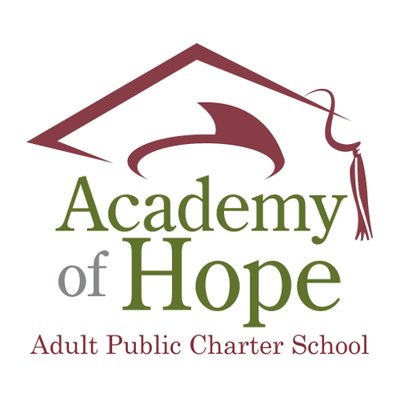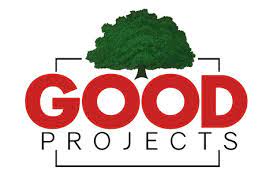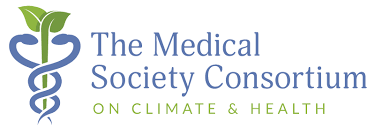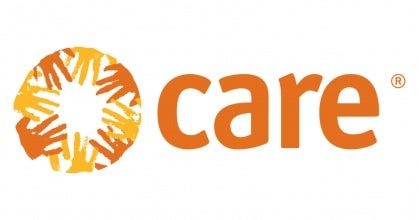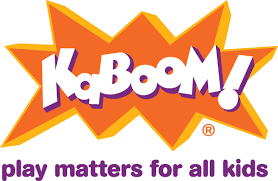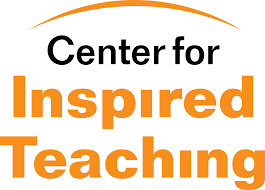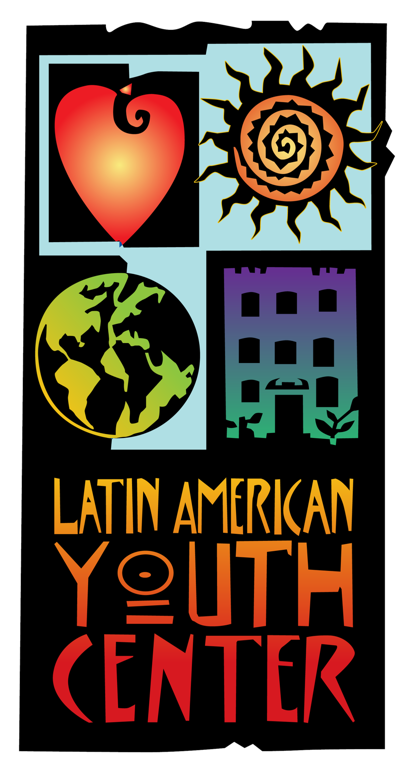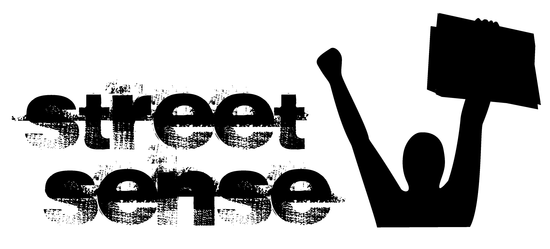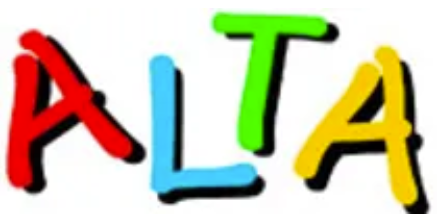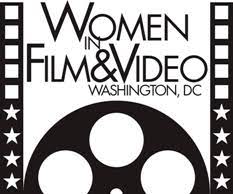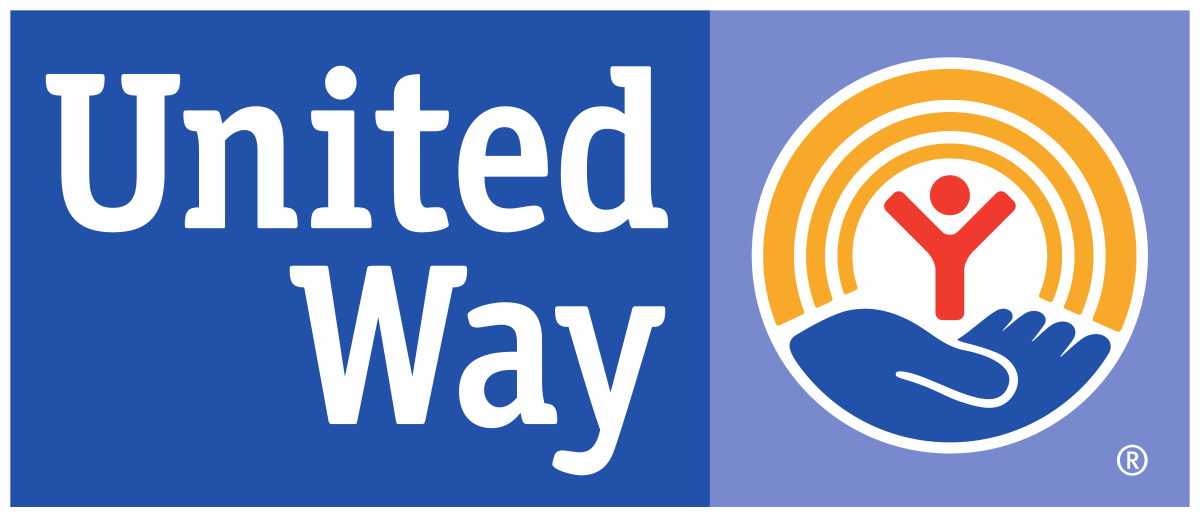Past Cases
2019: American Cancer Society, Cancer Action Network
2018: KaBOOM!
2015: For Love of Children
Winner: University of North Carolina
2014: National Industries for the Blind
Winner: University of North Carolina
National Industries for the Blind strives “to enhance the opportunities for economic and personal independence of persons who are blind, primarily through creating, sustaining and improving employment.” The goal of the organization is to lower the proportion of non-working people who are blind in the US, which is currently around 70%. Through the support of the federal AbilityOne program, NIB coordinates the sale of products and services to the federal government. Beyond AbilityOne, NIB trains individuals for a variety of skills, partnering with other organizations to identify opportunities for employment. As growth in jobs related to government purchases has slowed, the organization is interested in expanding beyond the constraints of the AbilityOne program to develop innovative employment opportunities.
CHALLENGE: Director of Strategic Intelligence Matthew Wieseler requests your assistance in determining how NIB can effectively branch out beyond its current business model to improve employment opportunities for individuals who are blind or severely visually impaired.
2013: Goodwill
Goodwill of Greater Washington (GGW) is a regional branch of the non-profit organization Goodwill Industries International, Inc. Operating 13 locations across Greater Washington, this division runs an e-Commerce department which focuses on selling donated books and donated miscellaneous items. To sell its wares, the organization currently utilizes the services of Amazon, Half.com, eBay, and Alibris. GGW is interested in knowing what kind of strategy it can employ to increase the profitability of its business units. Some targeted areas of improvement include expansion of its e-Commerce business and increased level of brand-recognition associated with its online operations.
CHALLENGE: GGW provides the opportunity for employees to develop job skills that will help the individual grow and empower them to succeed, either within Goodwill or elsewhere. With this in mind, what role can GGW’s e-Commerce department play in promoting the acquisition of these skills? How can GGW best use this technology-driven operation to teach its employees computing skills? What skills can be developed through e-Commerce?
2012: Street Sense
Winner: Florida State University
Washington, DC‘s Street Sense is a nonprofit organization which aims to uplift its city‘s homeless individuals. A staple in the Washington community, the organization enables homeless individuals to earn money by selling the newspaper created by the organization. By selling these papers, homeless individuals also learn skills which propel them to integrate more fully into society. Street Sense, though not immune to the country‘s financial climate, has steadily grown through its ninth year of operation and continues to improve its mission. The organization has recently hired a new executive director and incurred new expenses. The management and board are eager to offset the new costs with new revenue streams. They are also looking for advice on how to maximize the utility of their recent investments to extend the organization‘s reach and to better help Washington D.C.‘s homeless residents.
2011: Agora Partnerships
Winner: McGill University
The MBSC client in 2011 was Agora Partnerships. Agora Partnerships is a company that helps growing businesses fight poverty in developing countries. It was able do this through providing fiscal and consulting support to selected entrepreneurs. Its founder, Ben Powell, an alum of Columbia University and Georgetown University, and Ashoka Fellow, was drawn toward founding Agora after he realized the power of small businesses in impacting the development of poor communities while running a miniature golf course and bar in Mexico. Through his vision and the support of his extraordinary staff, Agora has been able to make great strides.
CHALLENGE: Agora Partnerships is a company based in DC and various Latin American countries, helping social entrepreneurs within these countries reach their full potential through fiscal and consulting support. The emerging “Impact Entrepreneur” market of Latin American countries was stressed in the case and participating teams had to come up with two solutions: 1) How can Agora Partnerships create a sustainable funding model for the new “Accelerator” Program, which strives to identify the impact entrepreneurs with most potential and 2) How can Agora Partnerships connect with university campuses to build sustainable connections.
2010: AARP
Winner: New York University
AARP is non-profit organization which seeks to enhance the quality of lives for people age 50 and over through special products and services to members who join the AARP network. In an effort to expand its target audience to young professionals and college students, AARP came up with lifetuner.org.
LifeTuner is a website that helps young adults learn the essentials of money – how to earn, save and use it to live a full life. At LifeTuner, you can get straight answers from experts, gain honest perspective from columnists and entrepreneurs, and find practical tips and tools to help you reach your goals.
THE CHALLENGE: MBSC in 2010 was characterized with 16 strong participating teams and a client who was known nation-wide. AARP had recently launched a component of its website lifetuner.org and needed a fresh perspective from the website’s target audience: college students.
2009: United Way
United Way is a nonprofit organization that seeks to improve quality of life by mobilizing communities around the world to work toward promoting common welfare. Currently, the organization is engaged in a 10-year program to achieve: improvement of education, increase in financial stability, and promotion of healthy lives all around the world.
CHALLENGE: MBSC in 2009 featured United Way as its client. United Way had a crucial problem of finding a means to sustain the Community Impact Model. In 2000, United Way switched its focus from a Fundraising Model to the Community Impact Model. Under the fundraising model, United Way funded nonprofit organizations that helped make sure community-wide issues were resolved. This method was not effective in alleviating the root cause of education, income, or health problems in communities that the nonprofits worked with. Under the Community Impact Model, United Way would address the root causes of community issues around education, income, and health, providing a more sustainable resolution as compared to the Fundraising Model. The problem for participants for the Business Strategy Challenge was to come up with a sustainable way of integrating the Community Impact Model within United Way throughout and after the financial crisis which was negatively impacting all businesses.
2008: Academy for Learning Through the Arts
Winner: University of Florida
The Academy for Learning Through the Arts (ALTA), is a Washington, D.C. charter school founded in 2005. Its mission is to provide students in grades Pre-K – 8 with an outstanding academic and social education through a rigorous arts-integrated program. The board looked to develop a curriculum that would combine the necessary education as dictated by the PCSB and the No Child Left Behind regulations with a focus on visual and performing arts: allowing students to identify and build upon links between concepts in the academic area and the arts curriculum.
2007: Keys for the Homeless Foundation, Inc.
Winner: Boston College
Keys for the Homeless Foundation, Inc, a local non-profit organization, serves as a liaison between hotels and homeless shelters in the Washington, DC area. The organization coordinates the donation and pick up of older hotel furniture to shelters in need of equipment.
2006: Women in Film and Video (WIFV) of Washington, DC
Winner: Georgetown University
Women in Film and Video (WIFV) of Washington, D.C. is a nonprofit organization dedicated to advancing the professional development and achievement for women working in all areas of film, television, video, multimedia and related disciplines. WIFV supports women in the industry by promoting equal opportunities, encouraging professional development, serving as an information network, and educating the public about women’s creative and technical achievements.
2005: The International United Way
In 2005, MBSC hosted Georgetown University’s first business case competition to expose students to top-tier competitors from other universities and to establish the University as a leader in business strategy and management education.
The International United Way was the first competition client, in light of the non-profit’s difficulties in coordinating efforts in the aftermath of the 2004 Indian Ocean tsunami. United Way representatives served as judges for the competition, which was sponsored by the McDonough School of Business, the Student Activities Commission, Bain & Company, and Navigant Consulting.
